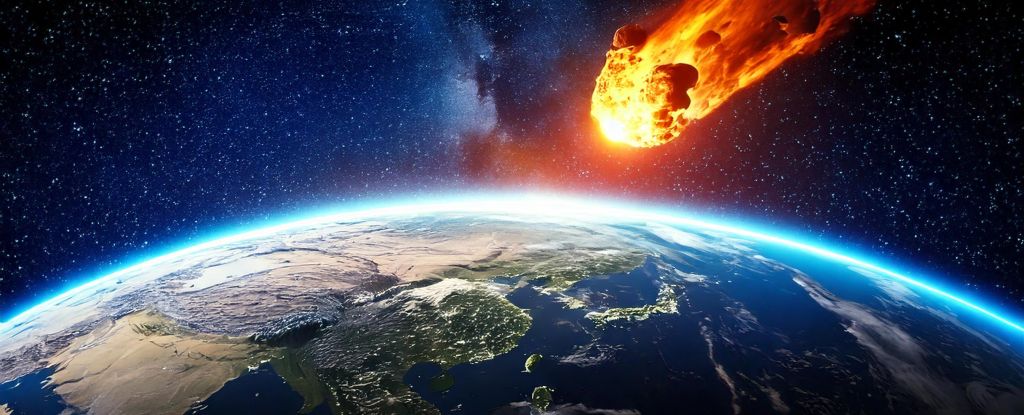Recent simulations have highlighted the severe consequences of a potential asteroid impact on Earth, specifically focusing on asteroid Bennu’s slim chance of colliding with our planet in 2182. Despite its relatively small size compared to the asteroid that caused the extinction of the dinosaurs, Bennu’s impact could still have catastrophic effects. South Korean climate scientists, using the Aleph supercomputer, have modeled scenarios showing that such an impact could inject up to 400 million tons of dust into the stratosphere, leading to significant disruptions in climate, atmospheric chemistry, and global photosynthesis. The simulations predict a global temperature drop of 4 degrees Celsius and a 15 percent decrease in global precipitation, alongside a 32 percent depletion in ozone levels. These changes would severely impact global food security due to reduced photosynthesis in terrestrial and marine ecosystems. However, the study also found a silver lining: algae, particularly marine diatoms, could thrive due to the nutrient-rich dust, potentially mitigating some food security concerns. The research underscores the importance of preparedness for asteroid impacts, which, while rare, have the potential to significantly alter life on Earth.
Read more at ScienceAlert…
